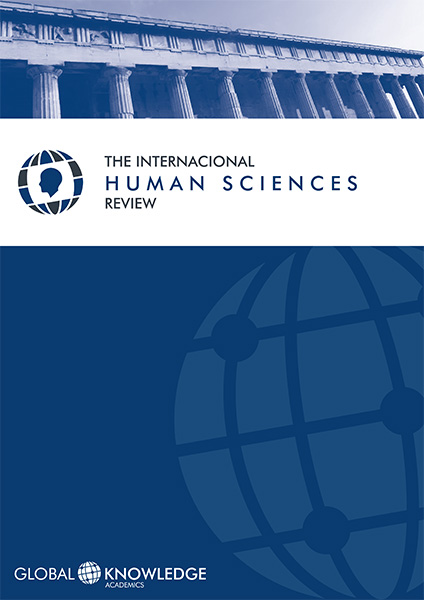Embodiment of Transformation from Scholasticism to Worldliness: Geoffrey Chaucer's the Canterbury Tales
DOI:
https://doi.org/10.37467/gka-humanrev.v1.1943Palabras clave:
Geoffrey Chaucer, The Canterbury Tales, medieval, scholasticism, religion, humanismResumen
Although the medieval period is well-known for its otherworldly scholastic view of life, people’s gradual prioritization of material interests is arguably an embodiment of a transformation from scholastic to anthropocentric outlook on life and people. Along with common people’s interest in material gains, the ecclesiastical people’s interest in luxury and ostentation as well as acquisition of material profit are representations of the new paradigm in social area. The growing interest in worldly profits among the clergy and their indulgence in ostentation is the particular point of satire in Geoffrey Chaucer’s The Canterbury Tales. In this work, while Chaucer reflects the traits of an ideal person in the knight’s description in “General Prologue”, he deals with clerical corruption in “Reeve’s Tale”, the monk, the nun and the summoner’s depictions in “General Prologue”. While criticising the problematic aspects of the ecclesiastical class in medieval context, Chaucer transgresses the borders of his period and favours the expression of female individuality in “Wife of Bath’s Tale”. Hence, The Canterbury Tales invites reading in relation to Chaucer’s anxieties concerning medieval view of life and his position as a pioneer of a new anthropocentric social paradigm in literary context.
Descargas
Publicado
Cómo citar
Número
Sección
Licencia
Aquellos autores/as que publiquen con esta revista, aceptan los términos siguientes:
- Los autores/as conservarán los derechos morales sobre la obra y cederán a la revista los derechos comerciales.
- Transcurrido 1 año desde su publicación, la versión del editor pasará a estar en acceso abierto en la web de la editorial, pero la revista mantendrá el copyright de la obra.
- En el caso de que los autores deseen asignar una licencia abierta Creative Commons (CC), podrán solicitarla escribiendo a publishing@eagora.org.








